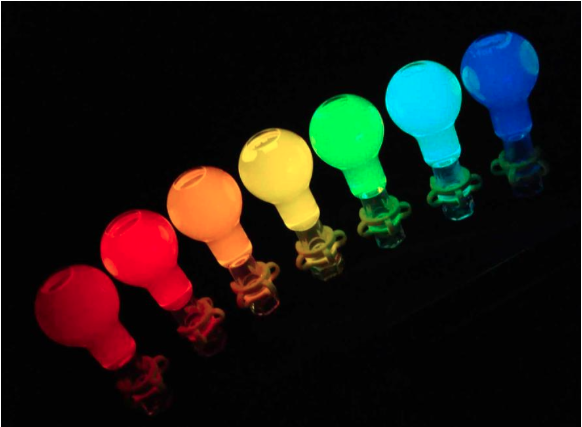Unique ways to harvest light gives rise to new Exciton Science Centre, launched today

The Australian Research Council Centre of Excellence in Exciton Science was launched today, forming a new international research hub dedicated to the discovery of new ways to source and use energy from light.
The centre takes its name from its focus on the exciton, a mobile concentration of energy formed by an excited electron and its associated hole, created when light is absorbed by matter.
Research programs will include developing next-generation energy and security technologies by manipulating light in unique ways.
With efforts dedicated to building the “ultimate light harvesting system”, applications will include full-spectrum photovoltaics through to printable electronics, energy-efficient lighting and displays, security labelling and optical sensor platforms for defence.
The $35 million centre is led out of the University of Melbourne and includes an international team of researchers to drive innovation and improve Australian’s energy production.
Other member organisations include RMIT University, Monash University, the University of Sydney, the University of New South Wales, CSIRO, Defence Science Technology Group, Reserve Bank of Australia, Chongqing Institute of Green and Intelligent Technology - Chinese Academy of Sciences, University of Ulm, Huazhong University of Science and Technology, University of California, Berkeley, University of Bayreuth and Shandong University, China.
ARC Centre of Excellence in Exciton Science Director Paul Mulvaney, who is based at the University of Melbourne, said the Centre’s research will change the way Australians think about energy.
“We are working with the most talented staff and students from across the globe to help Australia address its growing energy needs,” Professor Mulvaney said.
“And our goal is that better energy efficiency will have a positive impact on the sustainability of the Australian environment, generate unique materials and processing techniques and offer new opportunities for industry and related employment opportunities.”
With input from across both technical and social sciences, the ARC Centre of Excellence in Exciton Science will create a dynamic and integrated team, which comprises mathematicians, chemical and physical scientists and engineers, as well as leading education experts, environmentalists, architects and business consultants.
The centre is funded by the Australian Government through the Australian Research Council and is supported by an Advisory Board and an International Scientific Advisory Committee, which includes Nobel Prize winner Professor Alan Heeger, whose commitment recognises the strength of purpose and vision of the centre.
ARC Chief Executive Officer Professor Sue Thomas said: “The ARC Centre of Excellence in Exciton Science has brought together university researchers and key collaborators to transform research into practice.
“Researchers at the Centre of Excellence in Exciton Science are exploring better ways to manipulate the way light energy is absorbed, transported and transformed in advanced molecular materials.
“This collaboration and dedicated research focus will enable researchers to explore innovative solutions for renewable energy in areas such as solar energy conversion, energy-efficient lighting and displays, security labelling, and optical sensor platforms for use in defence.”